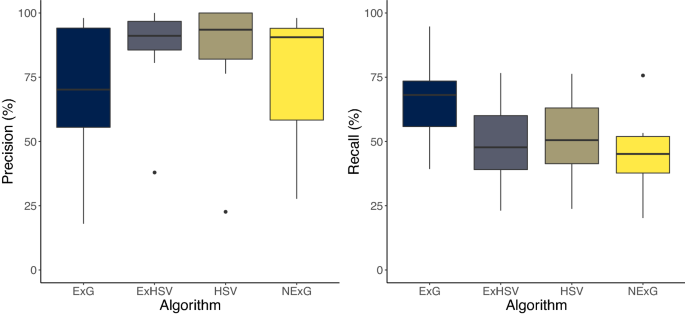

According to See No Evil: How Internet Filters Affect the Search for Online Health Information, "Internet filters most frequently used by schools and libraries can effectively block pornography without significantly impeding access to online health information - but only if they aren't set at their most restrictive levels. Recently, the Kaiser Family Foundation released the results of a study on the effects of filtering software on student access to online health information.
:max_bytes(150000):strip_icc()/002-how-to-get-apple-student-discount-4687511-25641aca587040dd8835b17a3fe377b6.jpg)
Proponents said that the disadvantages of filtering are overstated and that any disadvantages are more than overshadowed by the need to protect students from inappropriate online materials and the need to protect educators from the possible consequences of unlimited student access to such materials. In 1999, Congress passed the Children's Internet Protection Act (CIPA), requiring schools qualifying for federal E-rate funding to use filtering technology to block access to materials that are "obscene, child pornography, or harmful to minors." That law generated a great deal of controversy.Ĭritics of the law claimed that filtering technology is inconsistent and unreliable, that it blocks student access to legitimate educational resources, and that it denies students the opportunity to learn to properly evaluate online resources. Included: Educators discuss the plusses and minuses of the filtering software they use. The Children's Internet Protection Act (CIPA) passed in 1999, requires schools qualifying for federal E-rate funding to use filtering technology to block access to materials that are "obscene, child pornography, or harmful to minors." This month, we asked members of the Education World Tech Team to tell us about their experiences with filtering technology and to discuss whether they believe the software is good or bad for education. Filtering Software: The Educators Speak Out


 0 kommentar(er)
0 kommentar(er)
